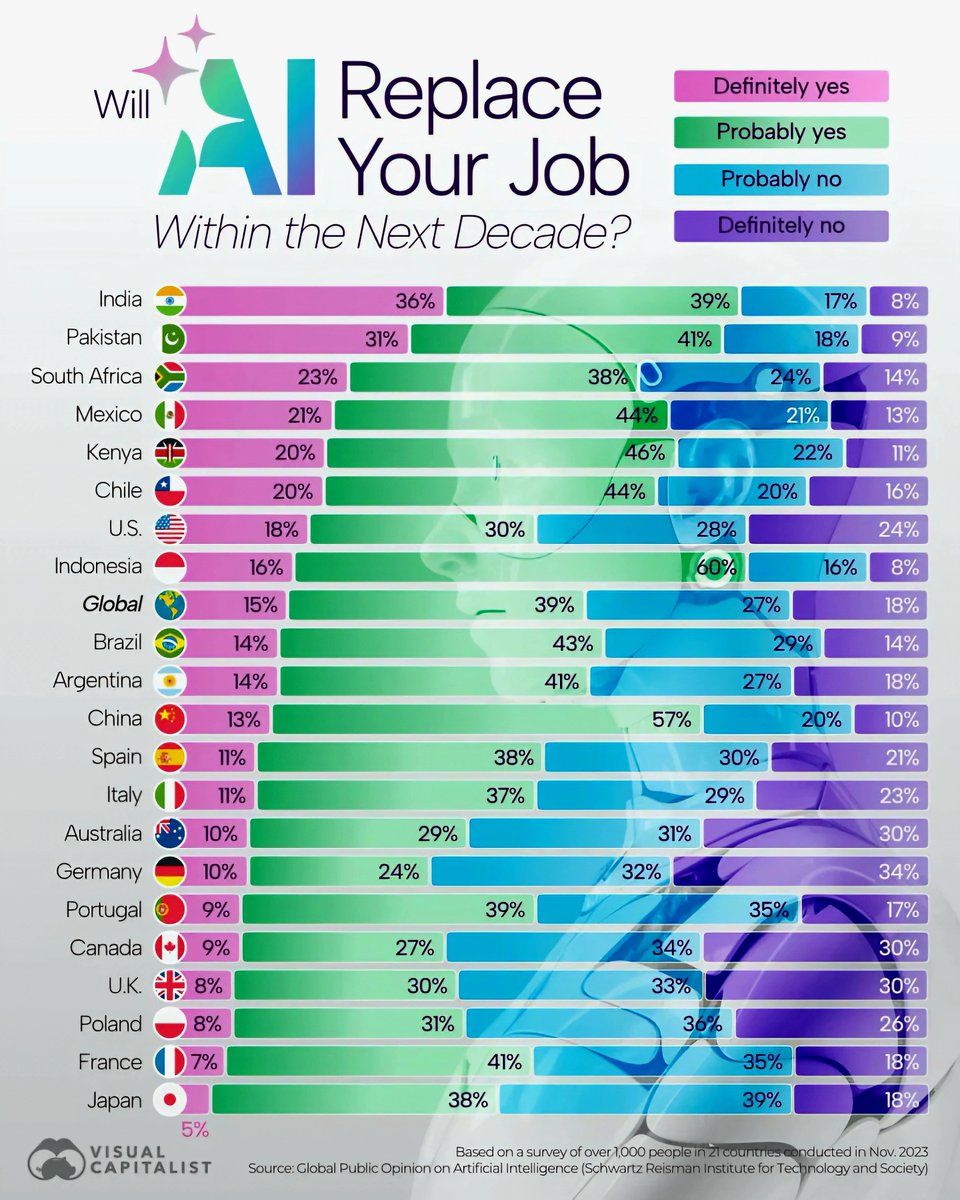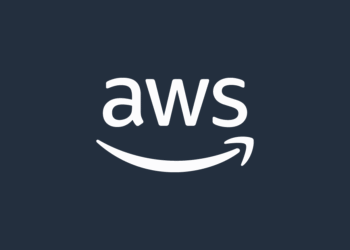Select Language:
The Future of Work: Will AI Take Over Your Job by 2025?

As artificial intelligence continues its rapid evolution, the question on many workers’ minds is whether AI will replace their jobs in the next few years. With breakthroughs happening yearly, experts are divided on how much of the workforce will be affected by automation and intelligent machines. Here’s a detailed breakdown of the key areas where AI is poised to reshape employment by 2025, and what that could mean for workers across industries.
1. Automation of Routine and Manual Tasks
AI-powered systems are increasingly capable of handling repetitive tasks that traditionally relied on human effort. From manufacturing lines to data entry roles, machines are now performing activities such as assembly, packaging, and basic administrative functions with precision and efficiency.
Impact: Many low-skilled jobs that involve routine physical or clerical work are at high risk of automation. This shift could lead to significant job displacement in sectors like manufacturing, logistics, and retail warehousing.
2. AI in Customer Service and Support Centers
Customer service roles are experiencing a groundbreaking transformation thanks to sophisticated chatbots and virtual assistants. These AI tools can manage common inquiries, troubleshoot problems, and process transactions without human intervention.
Impact: The customer support industry might see a substantial reduction in call center positions, especially those requiring basic issue resolution. However, the need for human oversight and complex problem-solving remains vital, keeping some jobs safe.
3. AI-Driven Data Analysis and Financial Services
Financial institutions are leveraging AI to analyze vast amounts of data, identify patterns, and make real-time decisions. From fraud detection to automated trading algorithms, AI is now central to modern finance.
Impact: While specialists such as data analysts and financial advisors will still be necessary, entry-level roles focusing on data sorting and basic analysis could diminish, shifting demand toward more advanced analytical skillsets.
4. Personalized Healthcare and Diagnostics
AI-based diagnostic tools are revolutionizing healthcare by providing quicker, more accurate patient assessments. Medical imaging analysis, predictive analytics for disease management, and telemedicine powered by AI are becoming standard.
Impact: Although AI enhances medical services, it’s unlikely to fully replace healthcare professionals. Instead, jobs in diagnostic support and patient management may evolve, emphasizing collaborative roles that combine human expertise with AI tools.
5. Autonomous Vehicles and Transportation
Advances in self-driving technology are nearing commercial viability. Companies are testing autonomous trucks, taxis, and delivery drones, which could reshape the transportation landscape.
Impact: The transportation sector could face massive shifts, with traditional driving jobs potentially declining. However, new roles in fleet management, vehicle maintenance, and oversight are likely to emerge, requiring specialized skills.
6. Creative Industries and AI Assistance
AI-generated content such as music, art, writing, and video production is advancing rapidly. Creative professionals are using AI tools to enhance their work, but complete automation of creative jobs remains a challenge.
Impact: While AI may assist content creators and designers, the nuanced human touch will retain value. Creative industries might see some job displacement but also new opportunities for hybrid roles combining human creativity and AI assistance.
7. Education and E-Learning Platforms
Educational technology infused with AI offers personalized learning experiences and automated grading. Adaptive learning systems can tailor curricula to individual student needs.
Impact: Educators might find themselves focusing more on mentorship and personalized support rather than routine instruction. Administrative tasks could be further automated, reducing staffing needs in some institutions.
8. AI Policy and Ethical Oversight Roles
As AI becomes more integrated into daily life, the need for regulation, ethical oversight, and policy implementation grows. Governments and organizations are actively recruiting specialists to oversee AI deployment and prevent misuse.
Impact: New careers will emerge centered on AI ethics, legal frameworks, and compliance, creating employment opportunities for professionals committed to responsible AI development.
While artificial intelligence will undoubtedly revolutionize many sectors by 2025, the overall impact on employment will be nuanced. Certain roles face obsolescence, especially those involving repetitive, manual, or straightforward cognitive tasks. However, new jobs focused on AI development, oversight, and hybrid human-machine collaboration will likely balance the workforce shifts.
Workers aiming to stay ahead should focus on developing skills in technology management, complex problem-solving, emotional intelligence, and creativity—areas where human abilities remain unparalleled. The future of work in 2025 promises a transformative landscape, but one where adaptability and continuous learning will determine success.








